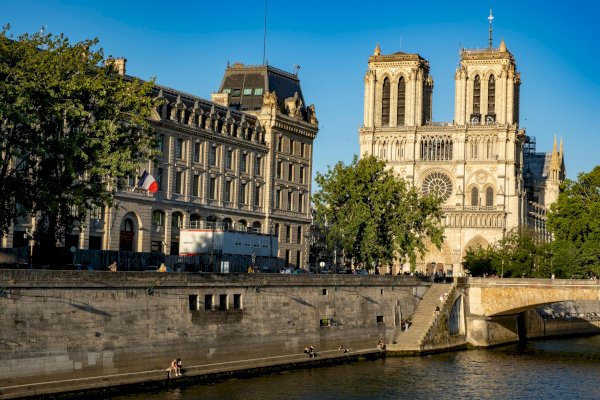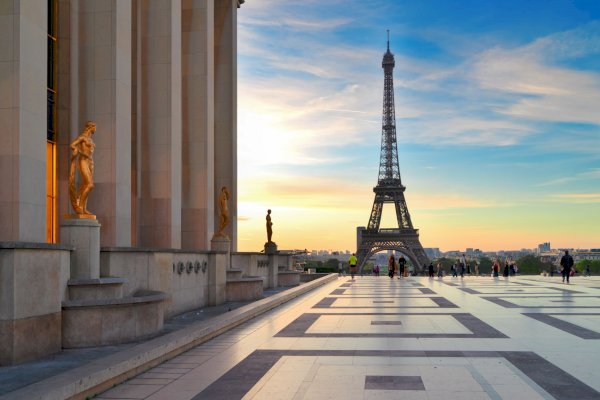
The Olympic Games: A Fun Dive into History and Tourism Through the Ages
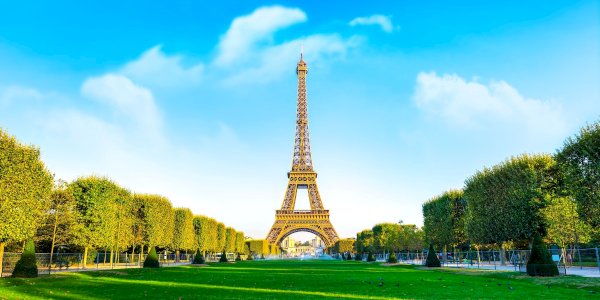
From their ancient origins to the modern-day extravaganza, the Olympics not only showcase the best in sports but also have a profound impact on global tourism. Let's take a fun and informative journey through the history of the Olympics and explore how they have influenced the tourism sector over the years.
Ancient Beginnings: The Birth of a Tradition
The origins of the Olympic Games can be traced back to ancient Greece in 776 BC. Held in Olympia, these games were a series of athletic competitions among representatives of various city-states. The ancient Olympics were part of a religious festival honoring Zeus, the king of the Greek gods. Athletes competed in events like running, long jump, shot put, javelin, boxing, and equestrian events.
Fast forward to 2024, and the Olympics have transformed into a global phenomenon, attracting thousands of athletes and millions of spectators from all corners of the world. But how did we get here ?
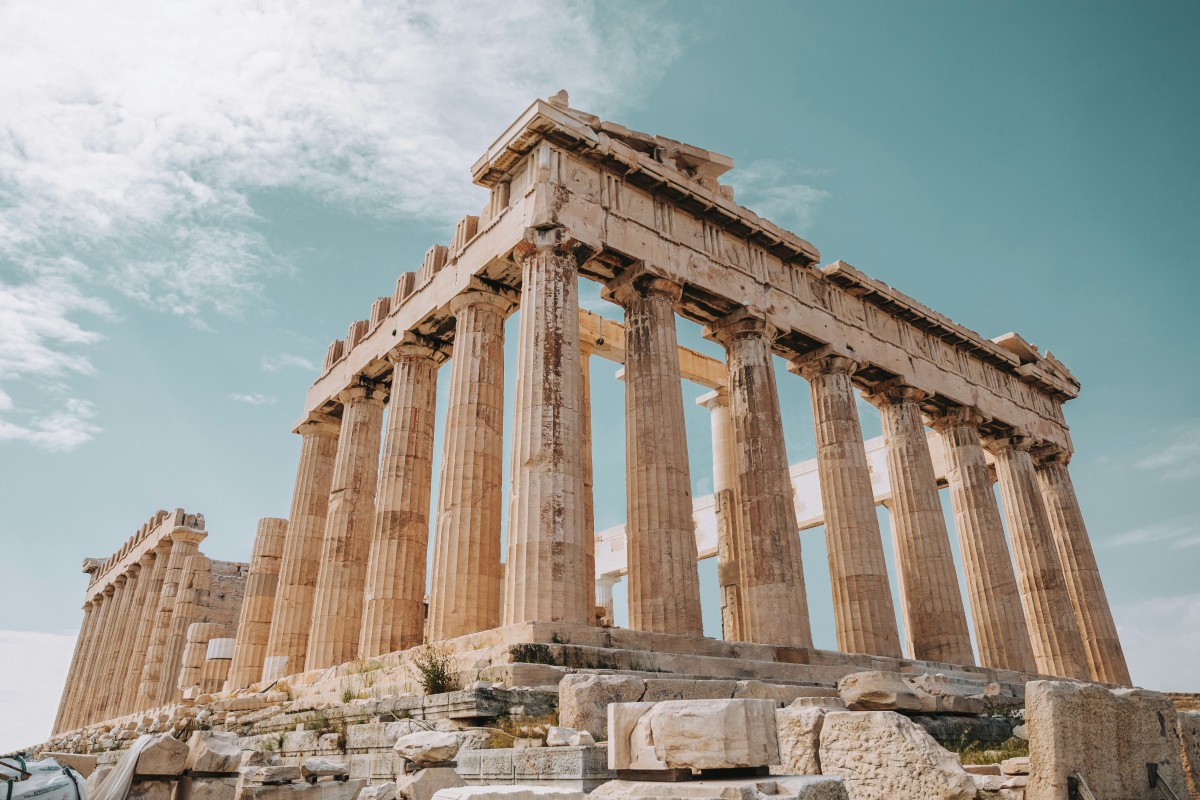
The Modern Revival: A New Era
The modern Olympic Games were revived in 1896 by Pierre de Coubertin, a French educator and historian. The first modern Olympics were held in Athens, Greece, featuring 280 athletes from 13 nations competing in 43 events. Since then, the Olympics have grown exponentially. The Tokyo 2020 Olympics, held in 2021 due to the COVID-19 pandemic, saw participation from 11,656 athletes representing 206 nations.
Tourism Takes Center Stage
The Olympics have always been a magnet for tourists. The 1896 Athens Olympics attracted about 60,000 spectators, a modest number compared to today's standards. However, the trend of Olympic tourism truly began to flourish in the mid-20th century. The 1964 Tokyo Olympics were pivotal, marking the first time the Games were broadcast live via satellite, bringing the event into millions of homes worldwide and sparking a new wave of international interest and travel.
The Numbers Speak: Olympic Tourism Stats
Tourism figures during the Olympics have been staggering. Here are some data facts :
Sydney 2000: Australia welcomed an estimated 1.6 million visitors during the Games.
Beijing 2008: The Olympics attracted around 2.5 million tourists to China.
London 2012: The UK saw an influx of 470,000 international visitors.
Rio 2016: Brazil hosted over 1.17 million tourists during the Olympics.
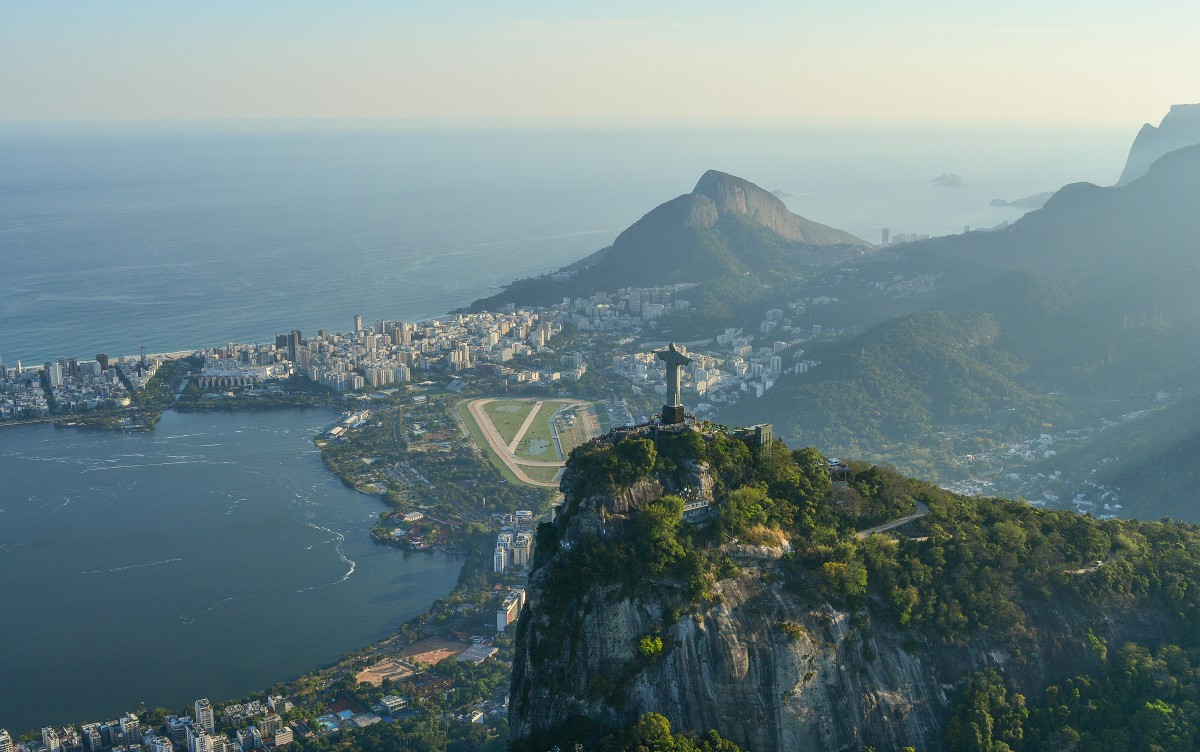
The Impact on Host Cities
Hosting the Olympics can greatly benefit cities by bringing international attention, infrastructure development, and a boost in tourism. For example, the Barcelona 1992 Olympics are often cited as a success story. The Games transformed the city, improving infrastructure, increasing international visibility, and significantly boosting tourism.

Fun Facts and Quirky Tidbits
The Olympic flag, introduced in 1914, features five interlocking rings representing the five inhabited continents. The colors were chosen because every national flag in the world includes at least one of these colors.
The Winter Olympics, first held in 1924 in Chamonix, France, have also become a major tourist draw, with events like skiing, ice skating, and bobsledding captivating audiences.
The 1936 Berlin Olympics were the first to feature the now-iconic torch relay, a tradition that continues to symbolize the link between the ancient and modern Games.
Looking Ahead: The Future of Olympic Tourism
As we look to the future, the Olympics continue to evolve, embracing new sports, technologies, and sustainable practices. The upcoming Paris 2024 Olympics promise to be a blend of tradition and innovation, with plans to reduce the carbon footprint and enhance the spectator experience through digital advancements.
In conclusion, the Olympic Games have not only been a celebration of athletic excellence but also a significant driver of global tourism. From their ancient roots to their modern incarnation, the Olympics have played a crucial role in shaping the tourism landscape, bringing people together from around the world to celebrate the spirit of competition and unity. So, whether you're a sports enthusiast or a travel buff, the Olympics offer a fascinating glimpse into the past, present, and future of global travel and tourism.
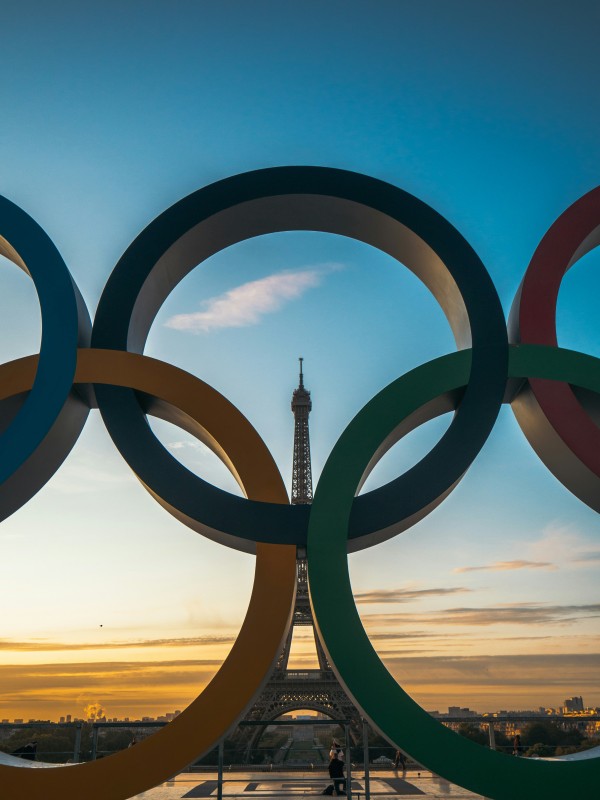

Secured payments

easy cancellation

 Please wait
Please wait





